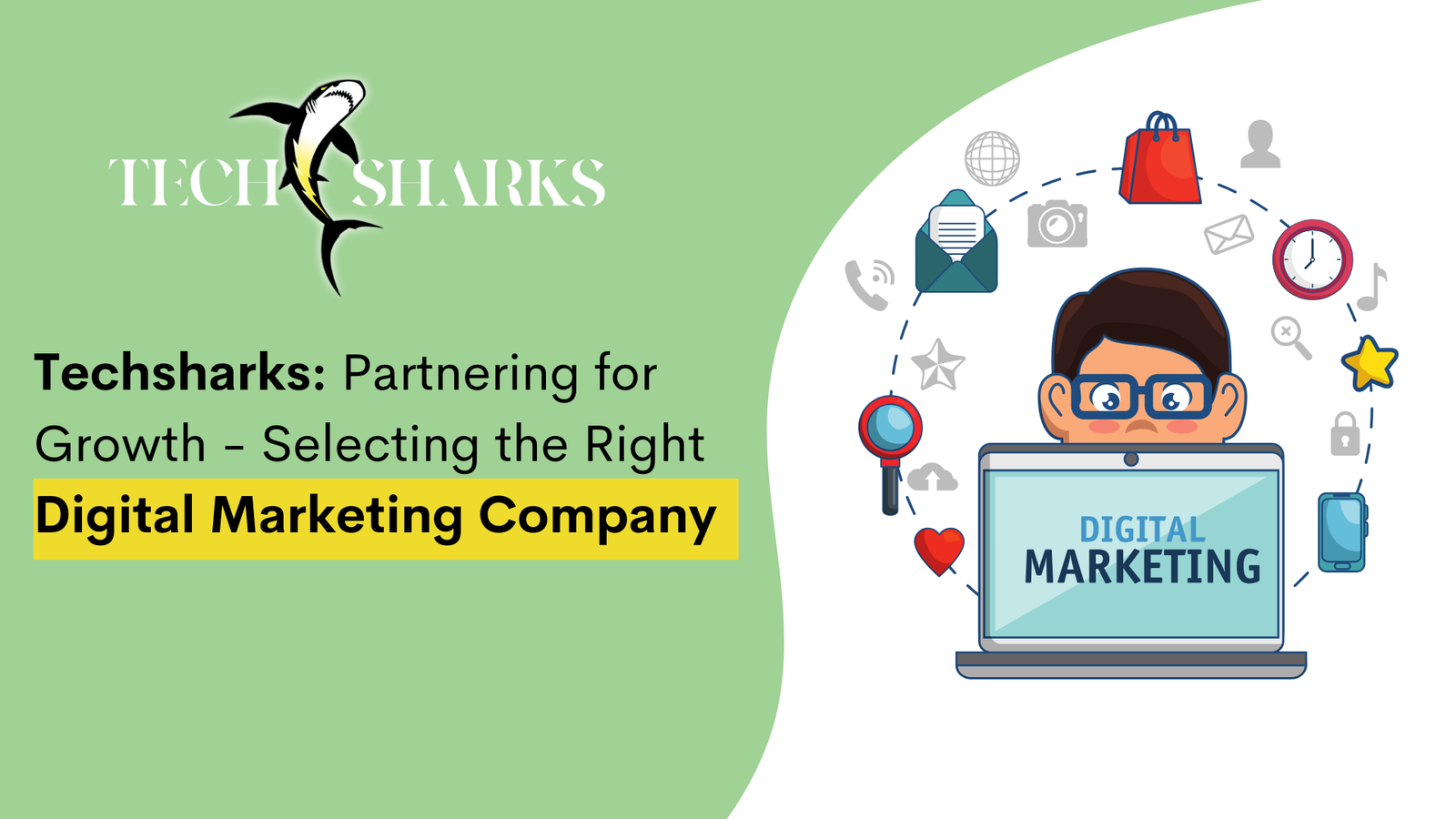In today’s digital landscape, generic marketing messages no longer resonate with consumers. Personalization has become the key to capturing attention, building relationships, and driving conversions. With the rise of artificial intelligence (AI) and Big Data, hyper-personalization is now possible at an unprecedented scale.
AI-driven personalized marketing leverages machine learning, predictive analytics, and real-time data to deliver highly relevant content to each individual user. This approach is transforming email marketing and content strategies, ensuring that every interaction is meaningful and impactful.
What is AI-Driven Personalized Marketing?
AI-driven personalized marketing refers to the use of AI algorithms and Big Data analytics to create customized marketing messages for individual users. Unlike traditional personalization, which relies on simple segmentation, AI enables real-time adaptation based on user behavior, preferences, and predictive insights.
This advanced personalization approach includes:
- Dynamic content recommendations based on browsing and purchase history
- Behavior-triggered email automation for timely engagement
- Predictive analytics to anticipate customer needs
- Real-time adjustments based on user interactions
By integrating AI, brands can create marketing experiences that feel uniquely tailored to each user, improving engagement and conversion rates.
The Role of AI in Hyper-Personalization
1. AI-Powered Email Personalization
Email remains one of the most effective marketing channels, but generic mass emails often get ignored. AI transforms email marketing by:
- Personalizing subject lines and content based on past interactions
- Optimizing send times for maximum engagement
- Segmenting audiences dynamically using real-time data
- Generating AI-driven product recommendations within emails
Example: AI-driven email marketing platforms like HubSpot and Mailchimp use machine learning to analyze customer data and personalize email campaigns, increasing open rates and click-through rates.
2. Content Personalization with AI & Big Data
AI enables brands to create highly relevant content that adapts to user preferences and behavior. This includes:
- Dynamic website content that changes based on visitor interactions
- Personalized blog recommendations based on reading history
- Customized video suggestions for higher engagement
- Automated content curation based on AI-driven insights
Example: Netflix and Spotify use AI algorithms to curate personalized recommendations, keeping users engaged with relevant content.
3. AI-Driven Predictive Analytics for Marketing
AI analyzes vast amounts of customer data to predict future behavior, enabling brands to:
- Anticipate customer needs and send proactive marketing messages
- Segment customers dynamically based on behavioral patterns
- Optimize content strategies for higher conversions
- Reduce churn rates by identifying at-risk customers
Example: E-commerce brands use AI to predict which products a customer is likely to buy next and send personalized product recommendations.
4. Hyper-Personalized Customer Journeys
AI ensures that every customer’s journey is unique by:
- Delivering real-time personalized offers based on browsing behavior
- Adapting chatbot conversations to user preferences
- Optimizing ad targeting for better conversion rates
- Enhancing omnichannel experiences with consistent messaging
Example: Amazon personalizes the entire shopping experience, from homepage recommendations to checkout suggestions, increasing customer retention and sales.
Benefits of AI-Driven Personalized Marketing
- Higher Engagement Rates – Personalized content drives more interactions.
- Improved Customer Experience – AI ensures relevant and meaningful communication.
- Increased Conversions – Targeted messaging leads to higher sales.
- Reduced Marketing Waste – AI optimizes campaigns for efficiency.
- Enhanced Customer Retention – Hyper-personalization strengthens brand loyalty.
Challenges & Considerations
Despite its advantages, AI-driven personalized marketing comes with challenges:
- Data Privacy Concerns – Brands must comply with data protection regulations.
- Integration Complexity – Implementing AI requires seamless data integration.
- Dependence on Quality Data – AI models need accurate and relevant data.
- Cost & Implementation – AI adoption requires investment in technology and expertise.
Addressing these challenges through ethical data collection and strategic AI implementation can maximize the benefits of hyper-personalization.
Future of AI-Driven Personalized Marketing
As AI continues to evolve, AI-driven personalized marketing will become even more sophisticated, with innovations such as:
- Voice & Conversational AI for personalized interactions
- AI-generated hyper-personalized content in real time
- Advanced predictive analytics for better customer insights
- Augmented reality (AR) personalization for immersive experiences
The future of marketing lies in hyper-personalization, where AI and Big Data work together to create seamless, customized brand experiences.
Conclusion
AI and Big Data are transforming email and content marketing by enabling hyper-personalization at scale. Brands that embrace AI-driven personalized marketing can engage customers with relevant, timely, and customized messages, improving conversions and customer loyalty.
Now is the time to leverage AI-powered personalization strategies and stay ahead in the competitive digital landscape.




